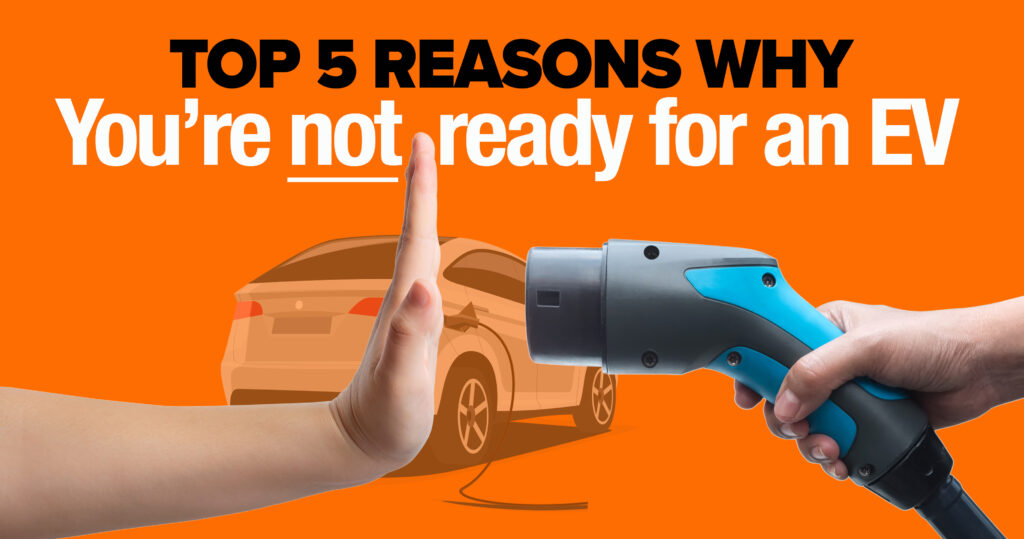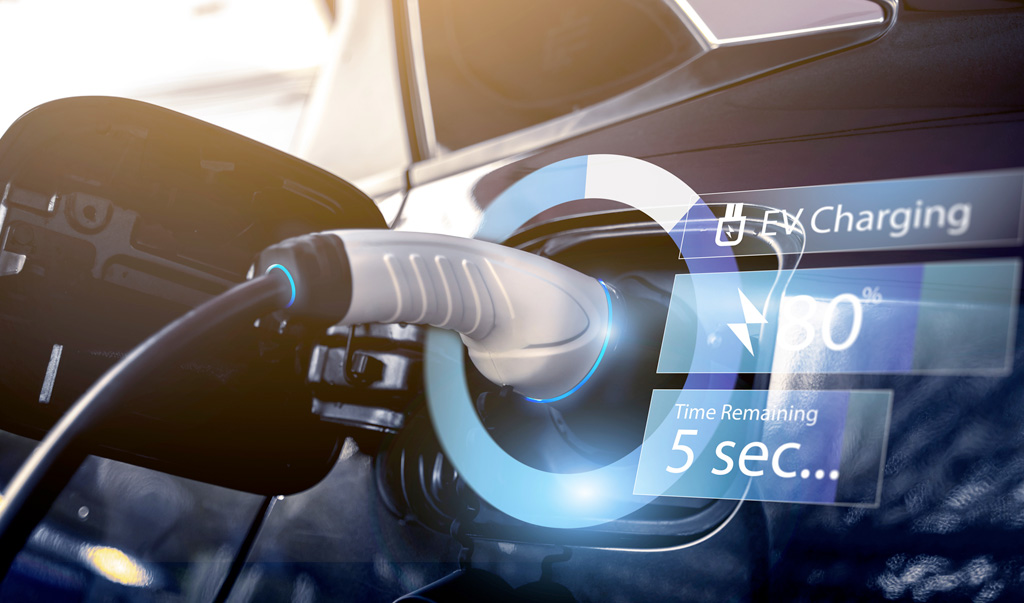One. Surprise! Electric cars are not actually ‘green’
While it is true that electric cars are zero-emission, are they truly green vehicles?
Well, let’s see. Electricity generated from thermal power plants is used for charging electric cars. This electricity comes from from fossil fuels and results in the emission of polluting gases. Internal combustion vehicles burn fuels inside the vehicle itself, where electric vehicle uses the electricity that generated burning fuels in power plants.
So, are electric vehicles better for the environment? Well, the answer is yes — they’re not perfect — and not truly ‘green,’ but better than an average new gasoline-powered, internal combustion vehicle no matter where you live in the U.S., according to the EPA.
While not zero-emissions, an electric car is better in terms of CO2 emissions than the average new internal combustion-powered vehicle, and that margin should grow as electricity generation shifts more to cleaner sources. That includes more power generation that doesn’t involve fossil fuels, but in the shorter term also includes a continuing decline in the use of coal. And in terms of meeting ambitious emissions reduction goals, transportation overall — which includes motor vehicles but also sources like planes, trains and watercraft — accounts for about 29% of total U.S. greenhouse gas emissions.
The fundamental difference between conventional, thermal cars and electric cars has to do with the process of transforming the potential (stored) energy into kinetic (movement) energy. In thermal cars, this energy is stored in a chemical form and is released through a chemical reaction inside the engine. Electric cars release it electrochemically without any kind of combustion, thanks to lithium-ion batteries. This means that there is no fuel being burned and therefore no air pollution through CO2 happening while driving. They are also more efficient than fossil cars. So is this a clear win for the electric movement?
So…Are electric cars and vehicles really greener?
Not necessarily. Or better said, not always. If the source of energy to power these cars doesn’t come from solar panels, wind turbines or even nuclear or hydroelectric, their CO2 emissions will be much higher. For instance, if the electricity used to charge cars comes from the burning of fossil fuels, it doesn’t matter if the EC are not polluting while being driven, as this pollution was already released in some distant power plant.
Two. …And they’re not cheap either.
Electric cars are usually more expensive to buy than gas-powered equivalents. Prices run around $40,000 to $55,000+, but some states offer incentives and discounts that can make them more affordable.
Right now, the initial cost of an electric car is higher than that of a conventional vehicle — but the gap is tightening. A Battery of electric vehicle costs more in an electric vehicle. The energy storage system in conventional vehicles are cheaper than that of EV.
Three. There are not enough charging stations yet
The Department of Energy (DOE) reports that the US now has over 20,000 electric car charging stations with more than 68,800 connectors. “As of May 2020, there were more than 68,800 Level 2 and DC fast charging units throughout the United States.”
It’s no surprise that California has the most charging stations due to a population more inclined to purchase electric vehicles and as a state that promotes electric-friendly policy. Alaska has the least amount of public charging locations, with 67 in total.
Four. Range anxiety: a very real affliction
So what exactly is range anxiety?
“Range anxiety is worry experienced by an electric car driver that the battery will run out of power before the destination or a suitable charging point is reached.”
Yup. It’s a real thing. There are gas stations everywhere. Not so with charging stations. And you can’t just “bop in and fill up” and EV. Here are a few EVs and their ranges:







![[Presentation] Livestream of TMC’s Press Conference](https://www.miamicars.com/wp-content/uploads/2023/02/tmb_corporate-218x150.png)
















All are valid points, yes, electric vehicles are not as green as they claim. On average it will take 18-24 months to make up the additional energy required to make an electric vehicle to catch up to an internal combustion engine (ICE).
And yes, they are not cheap. Though some of the cost gets offset by the savings in fuel.
Now where I tend to disagree, range anxiety. Not once in the almost 3 years of owning a Tesla have I had an issue with range. Driven all over the state, no issues. Superchargers are readily available, and with the route mapping software, it is dummy proof.
On the resale side, perhaps the lower end of the spectrum have a lower resale. Tesla’s perennially retain a high value. In recent months, used Teslas are actually selling for more than the cost of a new one.